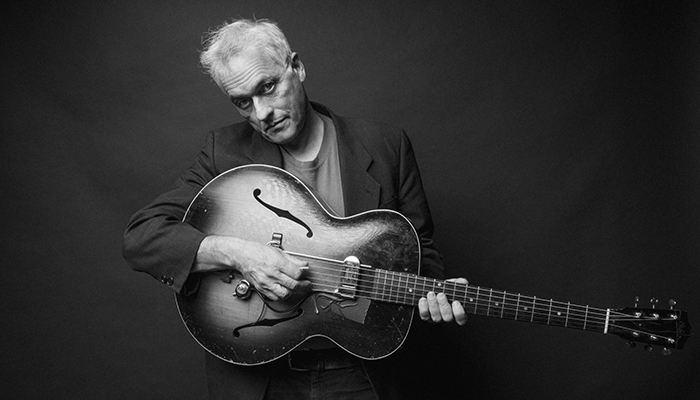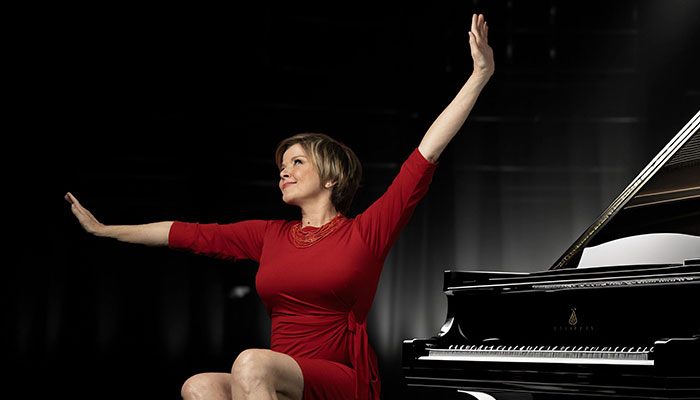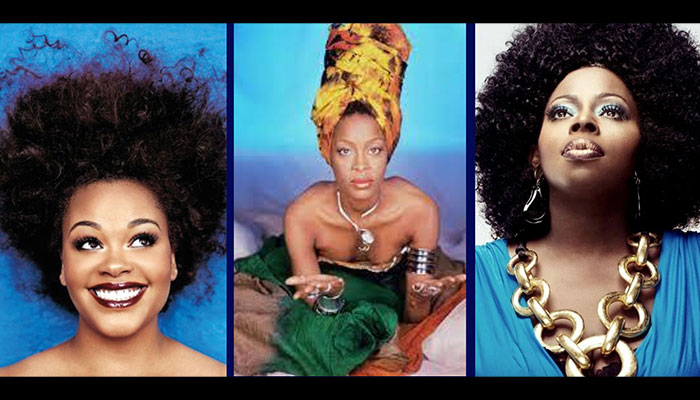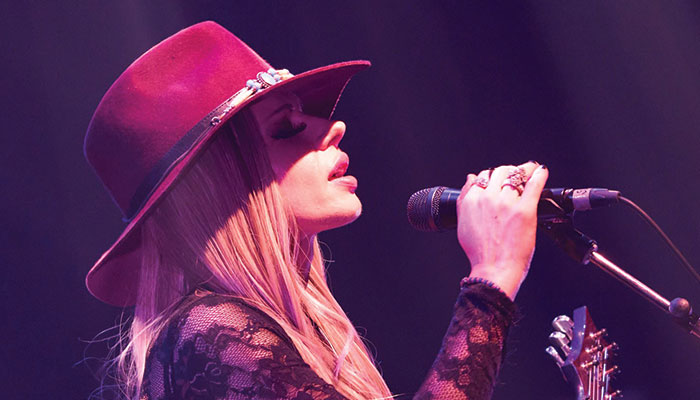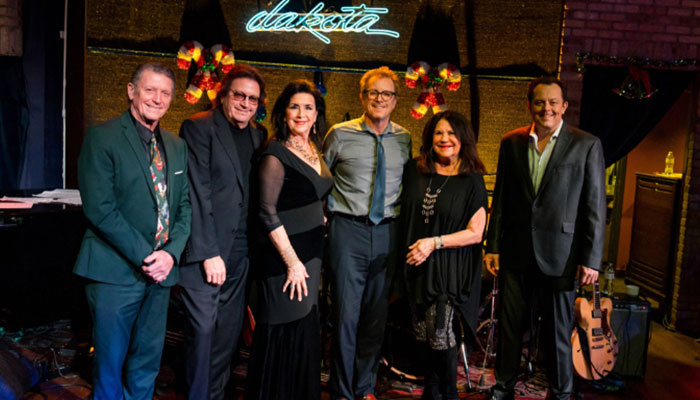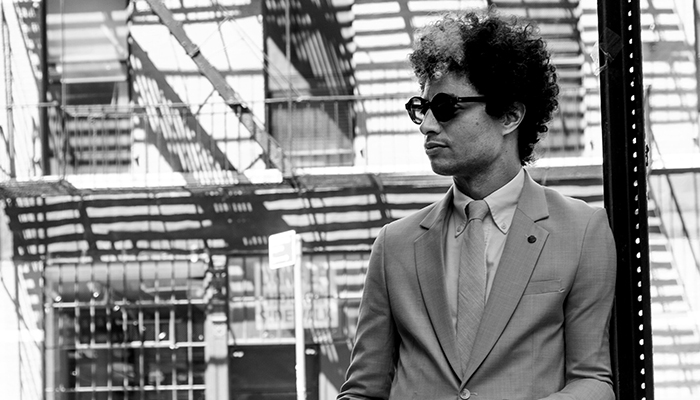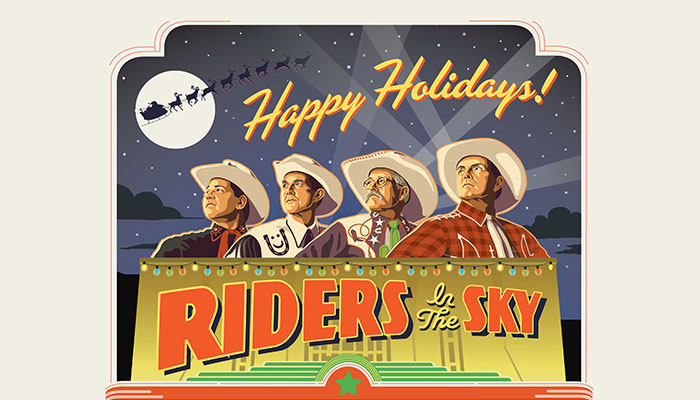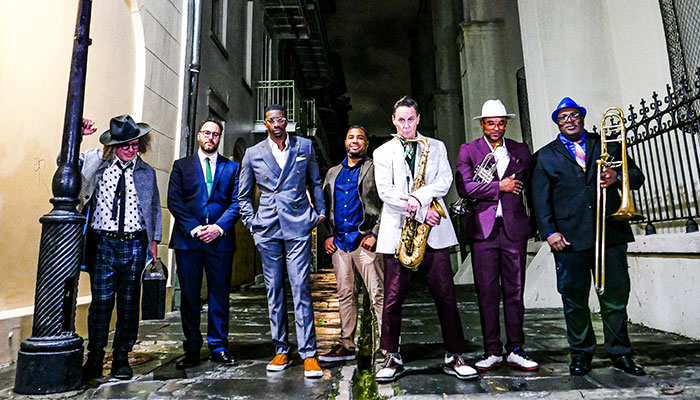“Ribot’s style [is] embedded in jazz vocabulary, but angular and gritty” – Sound of Boston
Marc Ribot, guitar
Sebastian Steinberg, bass (Soul Coughing)
Chad Taylor, drums
Briggan Krauss, saxophone (Sexmob)
Marc Ribot was never suited to play straight jazz. Ribot realized that in his 20s while trying to bop with veteran organist Jack McDuff. But Ribot soon found his calling—and the core of his mission, really—both in the city’s melting pot and in its no-holds-barred No Wave scene. There, he threw out the rules he was trying to ace and joined the Lounge Lizards. Then, he accepted Tom Waits’ invitation to play on Rain Dogs. Ribot stopped trying to sound like the guitarist he was supposed to be and became, instead, the guitar player he was.
For over four decades, he has been an indispensable collaborator to the likes of Waits, Robert Plant, and John Zorn. Additionally, so many others that his list of credits reads like a library’s card catalog. But Ribot has also been a great bandleader, from his renegade bunch Ceramic Dog to his committed Latin band, Los Cubanos Postizos.
Twenty years ago, Ribot convened a glorious quartet, Spiritual Unity, to tackle the songbook of Albert Ayler. Then, Roy Campbell died and Henry Grimes had to step away for health concerns. However, Ribot and drummer Chad Taylor wanted to maintain the exploratory energy of that band with a new lineup. Ribot called on Sebastian Steinberg, a collaborator and confidant since the ‘80s and an anchor of his great Shrek.
The new group is Hurry Red Telephone. During the quartet’s 2025 tours, guitarist Ava Mendoza added the combustible extra ingredient. Here, her chemistry with Ribot seemed to push each of them to play a bit harder, meaner, wilder. For 2026, saxophonist Briggan Krauss will step into that role with Hurry Red Telephone. Thus begins yet another chapter in Ribot’s ever-unfolding quest to find new ways to play.
Recommended for fans of Fred Frith, Arto Lindsay, Tim Berne and John Zorn.
📸: Eric van den Brulle


